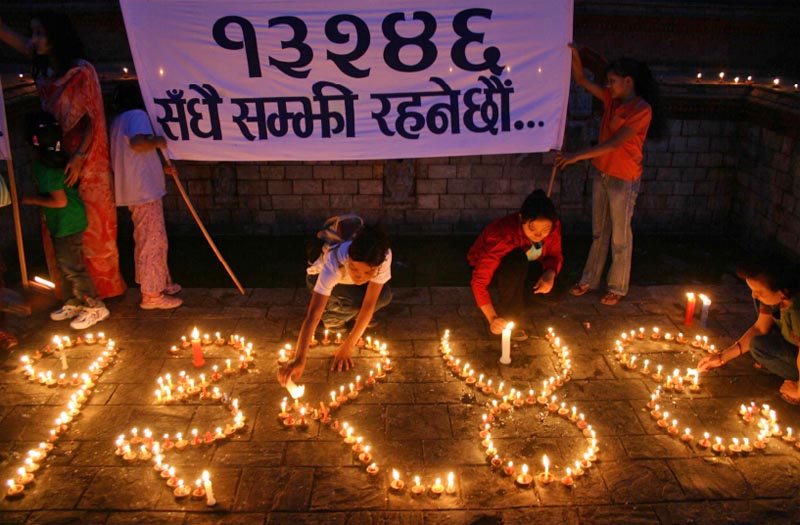Internal dispute, govt apathy hit TRC
The govt must amend TRC Act, provide necessary human, financial resources and extend TRC tenure
NHRC Spokesperson Mohna Ansari
Kathmandu, December 13
Hope that the Truth and Reconciliation Commission will resolve outstanding war-era cases has been gradually waning.
TRC is now under attack from multiple quarters as it has failed to commence its basic work of investigating insurgency-era rights violation cases.
The National Human Rights Commission has become the latest institution to raise concern about undue delay in TRC’s basic duty.
In a formal function of the 68th International Human Rights Day, NHRC Chairman Anup Raj Sharma expressed dismay at TRC’s failure to live up to public expectations in resolving outstanding issues of the peace process.
Earlier, the Supreme Court, conflict victims, civil society representatives and ruling, as well as opposition political parties, had criticised TRC’s lacklustre performance.
A source told The Himalayan Times that Sharma was particularly concerned about growing hostility among TRC members and TRC’s guideline on putting on hold complaints without consulting conflict-victims.
TRC was set up on 10 February 2015 with a two-year mandate of probing insurgency-era rights violation cases and recommendingto the government necessary action against perpetrators and reparation for victims.
If its tenure is not extended, the mandate of TRC will expire in less than two months but it has to investigate more than 57,000 complaints of rights violation that occurred during the decade-long Maoist insurgency.
“Either TRC’s tenure has to be extended or it should be dissolved,” said Madhabi Bhatta, a member of TRC.
TRC Chairman Surya Kiran Gurung, however, told THT that the investigation would commence once the government released necessary budget to appoint staffers for its offices in the seven provinces.
Gurung alleged that lack of cooperation from the government had created unnecessary delay in conducting investigation.
He had even threatened to quit the post if the government failed to create conducive environment for the TRC to function, including bringing necessary laws to discharge its functions. TRC had written to the government to amend its existing act in December last year in order to make it compatible with the Supreme Court’s verdict and international norms and principles.
Prime Minister Pushpa Kamal Dahal had promised to resolve all outstanding issues of the peace process, but he has neither amended the TRC Act nor released budget for TRC to appoint adequate staff.
In a recent interview, Charan Prasai, a human rights defender, dubbed the TRC as ‘dysfunctional’ body, as it lacked adequate mandate and was mired in internal disputes.
Dispute between TRC Chairman Gurung and member Bhatta has been widely reported. Recently, Bhatta had alleged in a Facebook post that she was sidelined by the TRC leadership. Gurung has not refuted the charge. NHRC Spokesperson Mohna Ansari agrees that ‘internal dynamics’ of the TRC might have impacted its performance.
She added that the government had to facilitate TRC functioning by amending its act, providing necessary human and financial resources and extending its tenure.






